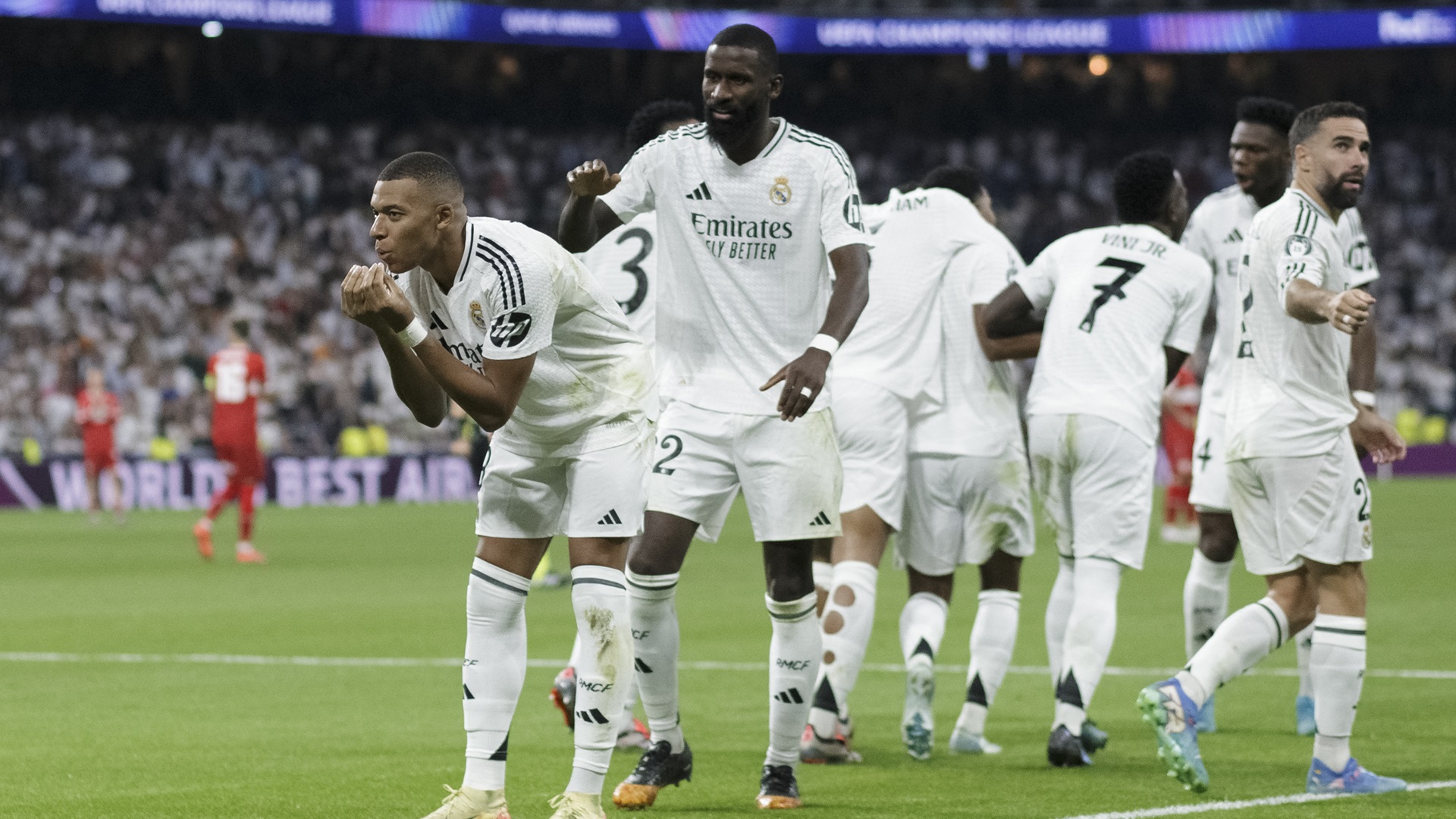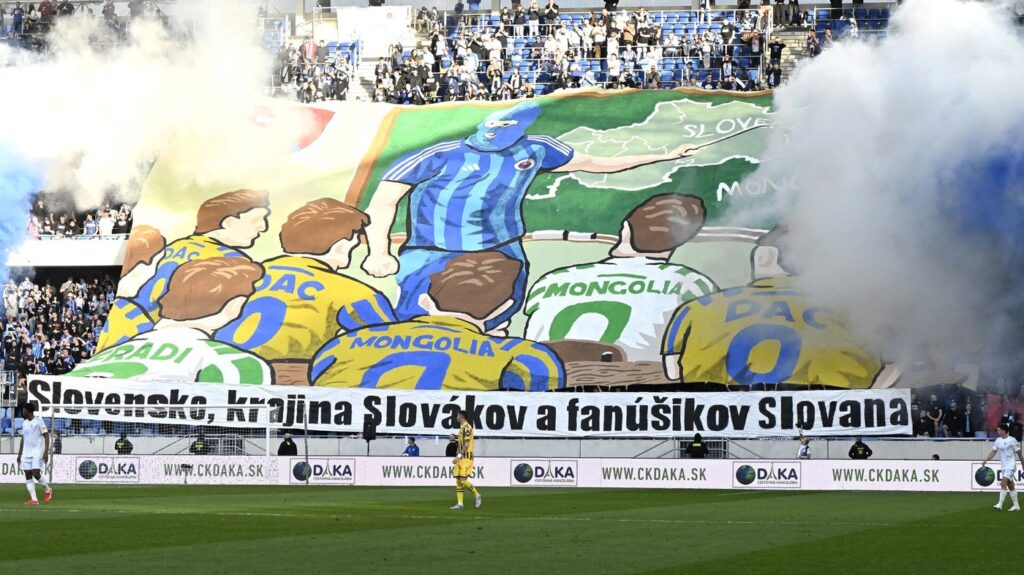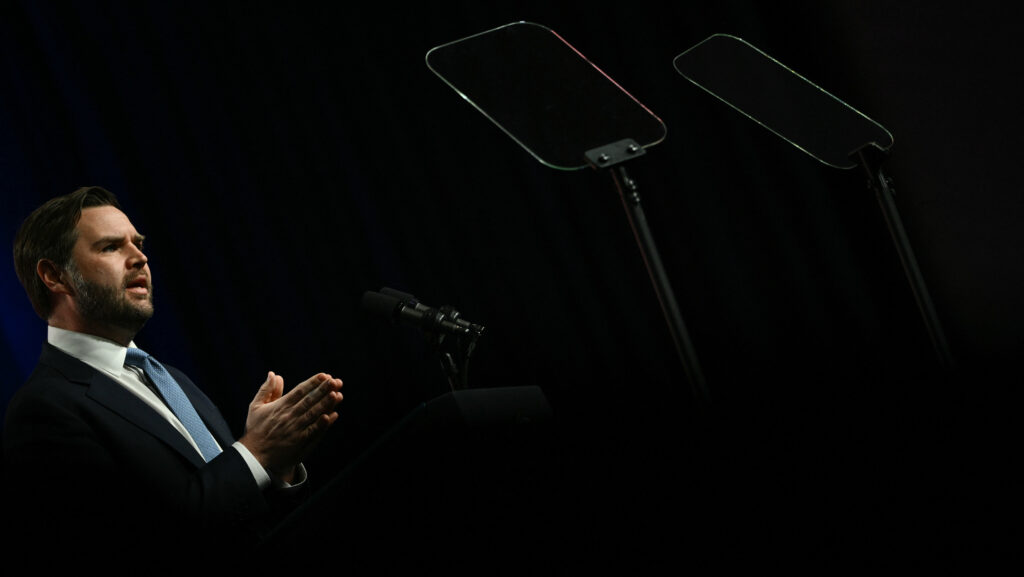Hungarian national team captain Dominik Szoboszlai scored for Liverpool during their 3–1 win over AC Milan in the UEFA Champions League on Tuesday, 17 September. On the same matchday, Bayern Munich’s game ended in a very rare 11-goal scoreline against Dinamo Zagreb, with the German side battering their opposition 9–2. It may seem like it was a thrilling night in the UCL. However, it also seems that the fan fervour is just not the same as if this all had happened last year. There is a very clear reason for that: the drastic UCL format change just went into effect, at the start of this season.
The group stage, in place since 1991, has been replaced by a so-called ‘league phase’. There, 36 teams compete against each other in one, giant, combined table. Evidently, they cannot play 35 games, so each team plays eight different teams (four at home and four away) to collect points. The top eight finishers in the league advance to the Round of 16, while the teams finishing in the places 9th–24th will play each other in a play-off for the remaining eight spots.
Once I found out about Szoboszlai scoring, I spent the next couple of minutes thinking whether or not it counts as a Champions League goal, before catching myself and realizing that of course it does, this is the Champions League now. I suspect I am not the only football fan in the world who needs some time to get used to it.
Dominik Szoboszlai on X (formerly Twitter): “Hey UCL, it’s good to be back! 🔴☠️ pic.twitter.com/sMW56LCzlu / X”
Hey UCL, it’s good to be back! 🔴☠️ pic.twitter.com/sMW56LCzlu
One of the major shortcomings of the new format, at least in my mind, is the difference between the group stage draw and the league phase draw. The group stage used to give clear, disgustable information about how the first half of the UCL season was going to go: eight groups of four teams, they play twice. You did not even need to refer back to the draw much. It was so clear and logical, that once you found your favourite team and a couple of big names you wanted to follow, you could remember it until the group stage ended in December.
In the new league phase, however, the draw is just one giant glut of information. Each team gets eight opponents, with very little rhyme and reason to who plays whom and when. No nice, neat graphics can be created, unlike in the group stage. What’s worse, this system—which at times has been referred to as ‘the Swiss system’ by UEFA leaders, and has been claimed it is borrowed from chess, but it is not the same procedure used in chess tournaments—has no tradition in football.
Since the late 19th century, football competitions have been played in two formats. It has either been leagues, where each team plays every other team, and points are awarded for wins and draws; or knockout competitions, where two teams play each other and the winner advances to the next round. The group stage of major tournaments, such as the old UCL format and the FIFA World Cup, are essentially just mini-leagues to qualify for the knockout stage.
For a league where a team does not play every other team in the league there is just no frame of reference in football.
The new Champions League competition has the added disadvantage that there is no major benefit to finishing 9th compared to finishing 24th; and that a whopping two-thirds of the field advance in the tournament. This really calls into question the excitement level of the tail end of the league phase…
‘In the new league phase, however, the draw is just one giant glut of information’
As for the criticism of lack of fair competition, some teams will have to play easier opponents than others, I am not sold on. The same was the case for the group stage as well, where groups of vastly different difficulty levels were drawn, despite the grouping of teams into different pots based on past performance. My favourite team, Newcastle United, was in the same group as Paris Saint-Germain, Borussia Dortmund, and AC Milan, for example…
However, I am fully aware that UEFA did not come up with this new competition format for its flagship brand out of boredom.
The European Super League, which may seem like a distant fever dream to some, was actually announced by 12 of Europe’s most prominent football clubs in April 2021. Let me stress: this was not media speculation or reported plans. 12 major teams did announce they were breaking away from UEFA and forming their own league. It was only the complete rejection of football fans, as well as serious pushback and legal threats from national football associations and governments, that stopped the effort in its inception.
In the midst of the dreaded COVID-19 pandemic, which put immense financial strains on clubs, Europe’s biggest teams figured they could do a better job at maximizing profits by cutting out the ‘middle man’ UEFA.
UEFA Champions League Theme Song (Full)
Uploaded by Elvis on 2014-05-18.
And here’s something even fewer football fans are aware of: the European Super League is not done just yet. Two clubs, the Spanish Real Madrid and FC Barcelona, have yet to announce their official withdrawal (unlike the other 10 teams). The Super League founders also put in the funds and efforts to appeal to the European Court of Justice, which found in their December 2022 ruling that UEFA and FIFA acted in violation of EU free competitions laws in some of their threats to shut down the Super League. According to media reports, the Super League is already working on how to get better PR for its second foundational announcement.
So, UEFA President Aleksander Čeferin and his organization still have ‘the sword of Damocles’ hanging over their head that the continent’s top clubs may leave them and go their separate ways.
They know that just threats will not be always enough to convince them otherwise—you have to bring some carrots too, you cannot just rely on the sticks. So, they set out to try to make the less exciting part of the UEFA Champions League, the group stage, more profitable for the ‘big dogs’.
‘UEFA Champions League games may be diminished to the level of pre-season friendlies’
One financial benefit the league phase has over the group stage is that eight games are played instead of six. Also, each team from the first pot, the strongest set of teams, get to play another team from the first pot. In the old group stage, one team each from the four pots were drawn together. This way, each top team is guaranteed to play at least one game against a team of the same stature, which hopefully generates more attention and profit.
However, this also runs the risk that UEFA Champions League games will be diminished to the level of pre-season friendlies played in the United States or East Asia, with no tradition behind them and very little of value on the line.
I have been sceptical of the last two major UEFA competition developments, the creation of the UEFA Nations League and the UEFA Conference League. However, by the time those two new competitions started, my scepticism had worn off and I fully accepted them as great innovations—and that is not just because if it had not been for the Nations Leauge, Hungary would not have qualified for the 2021 European Championship.
With the new UEFA Champions League format, however, I remain sceptical and unenthused even as it has already started.
Related articles:








